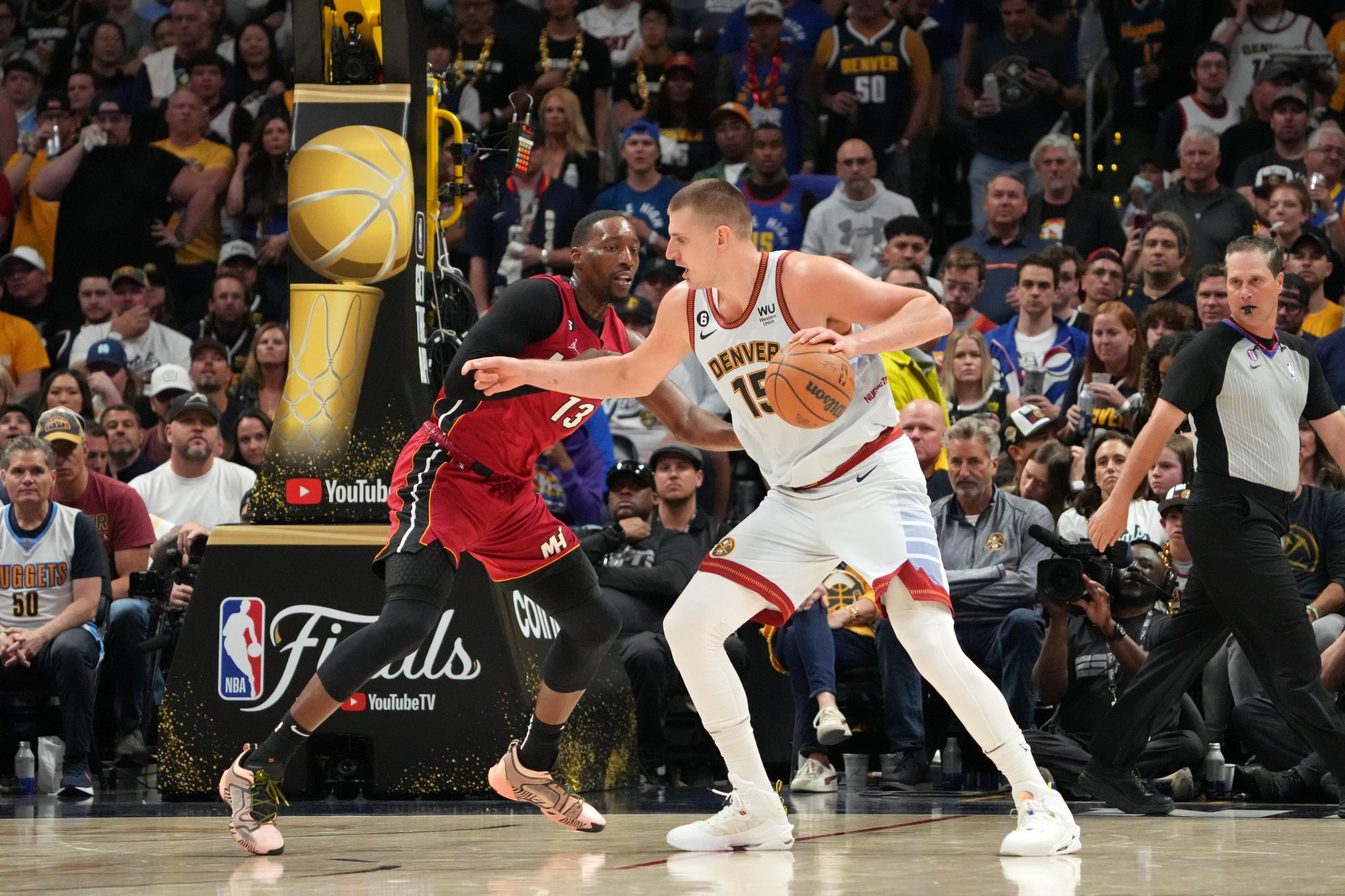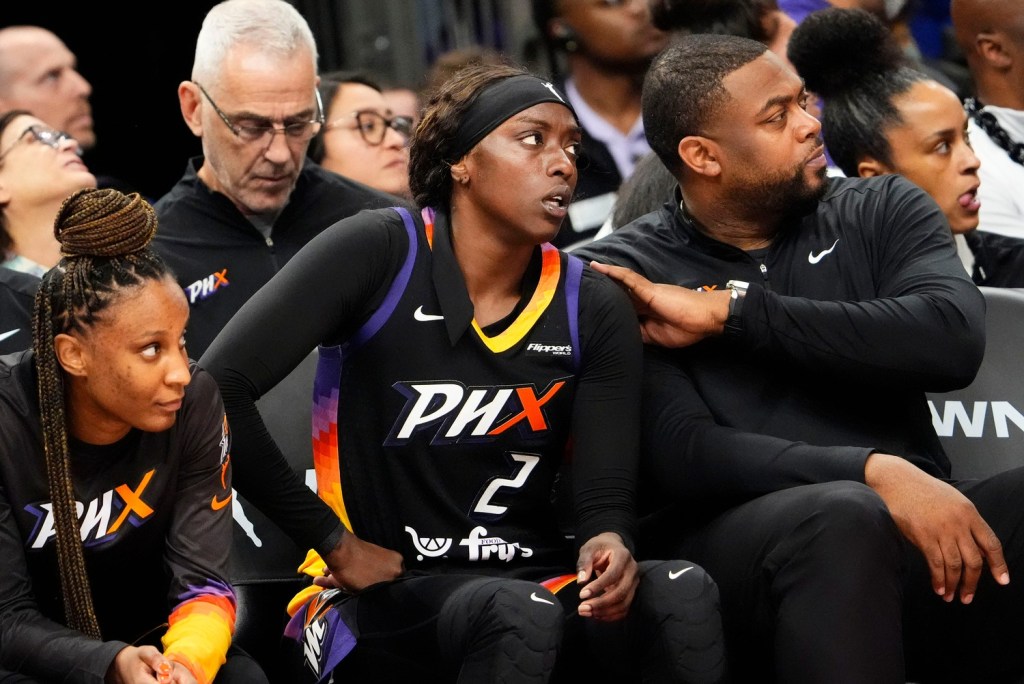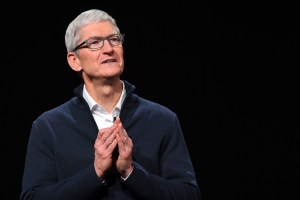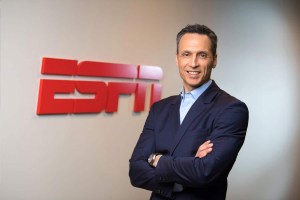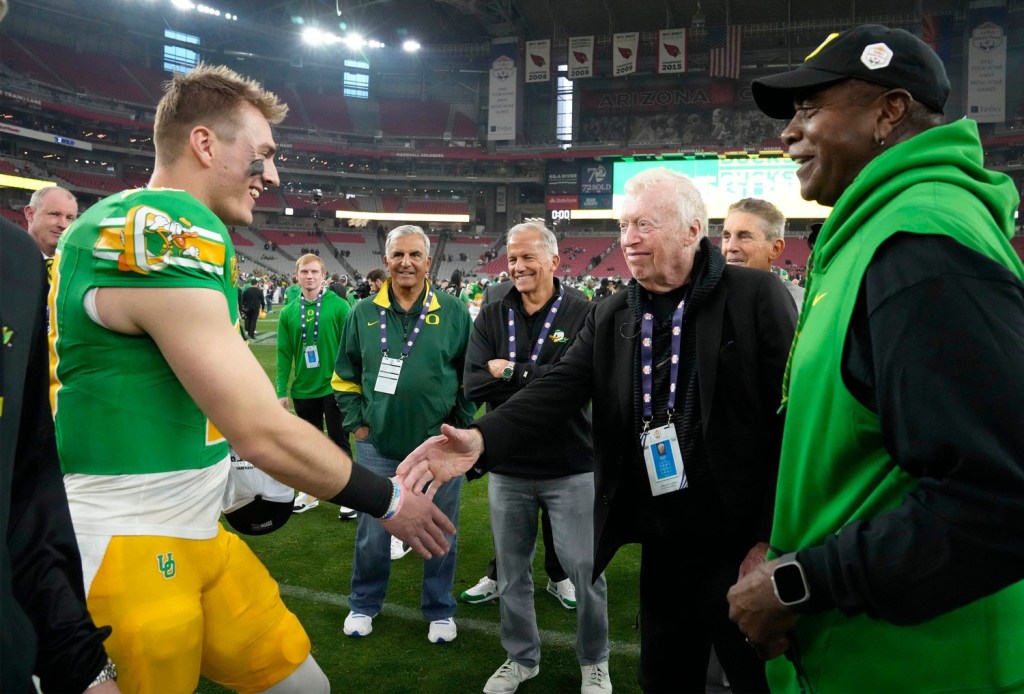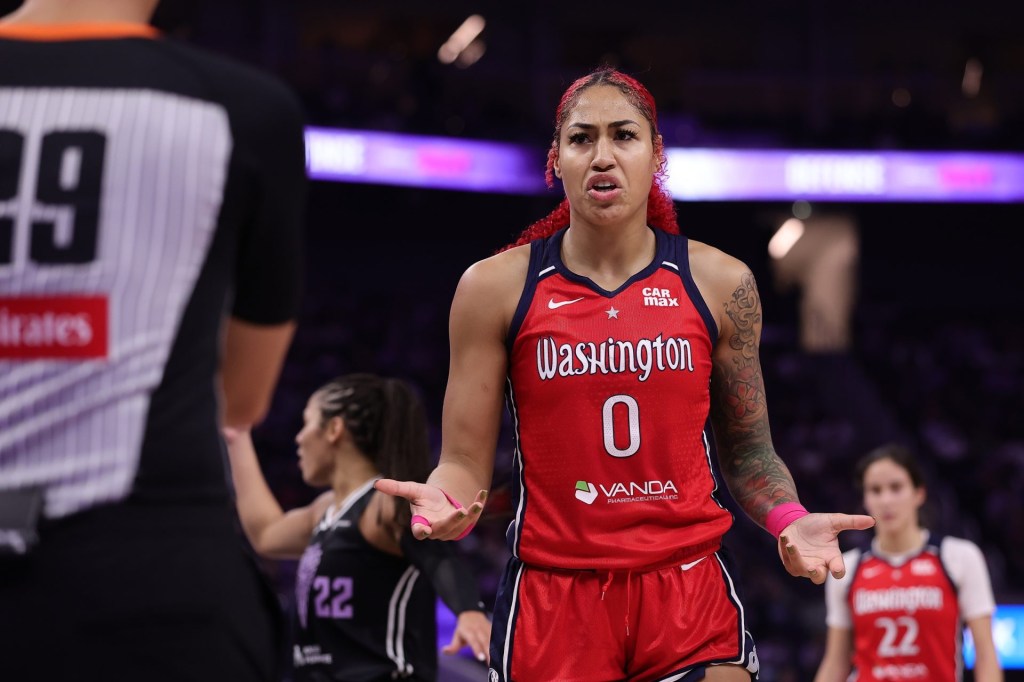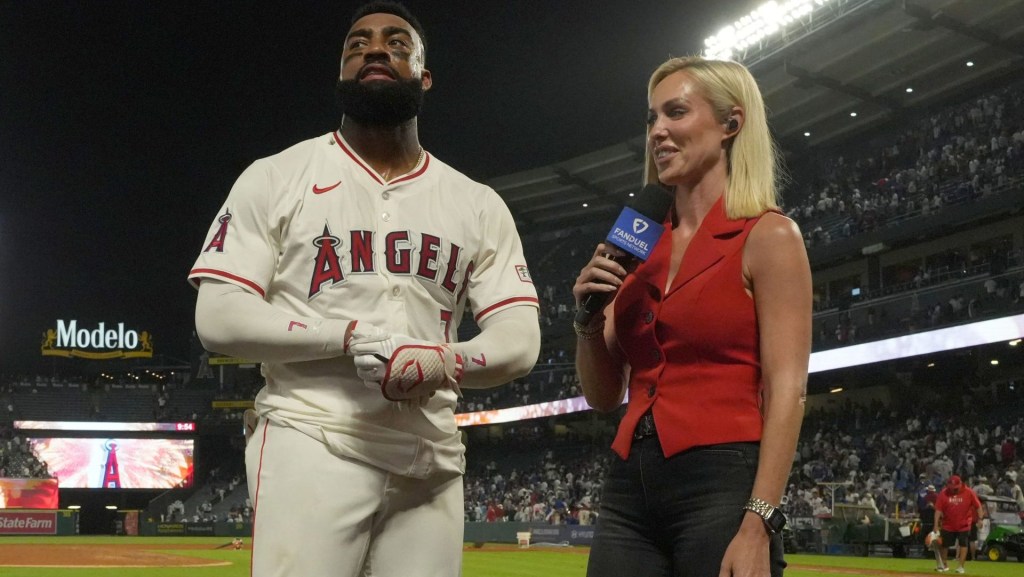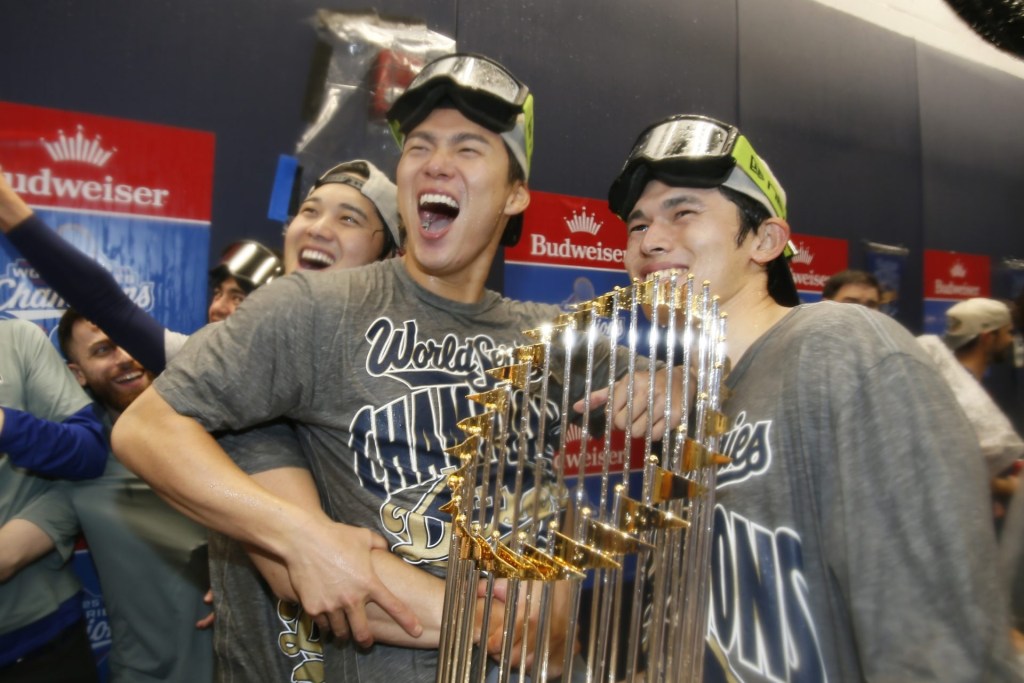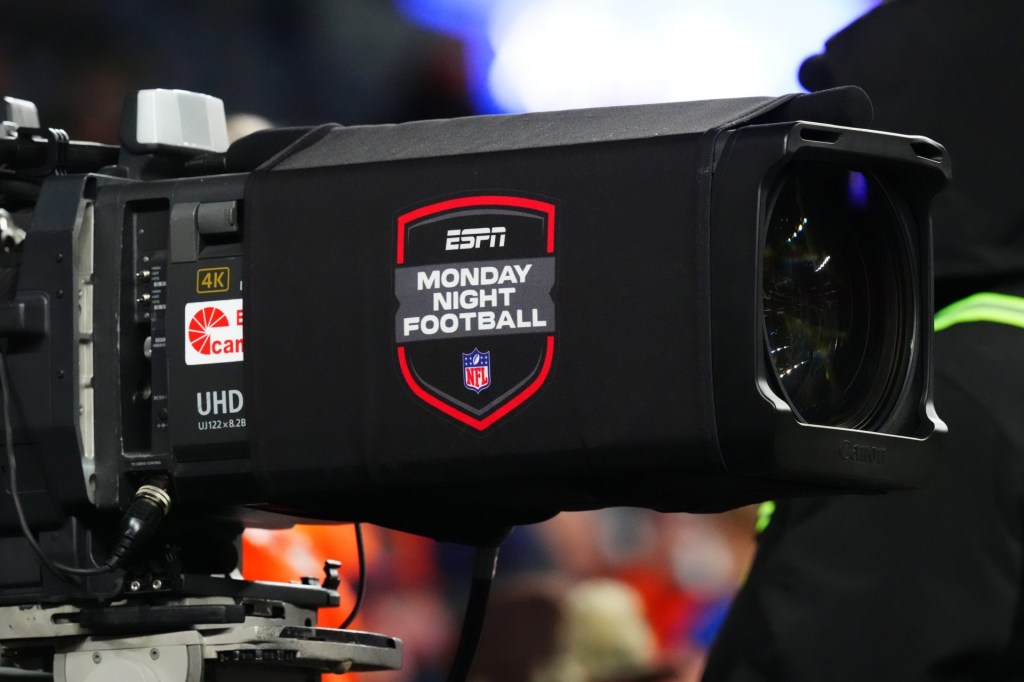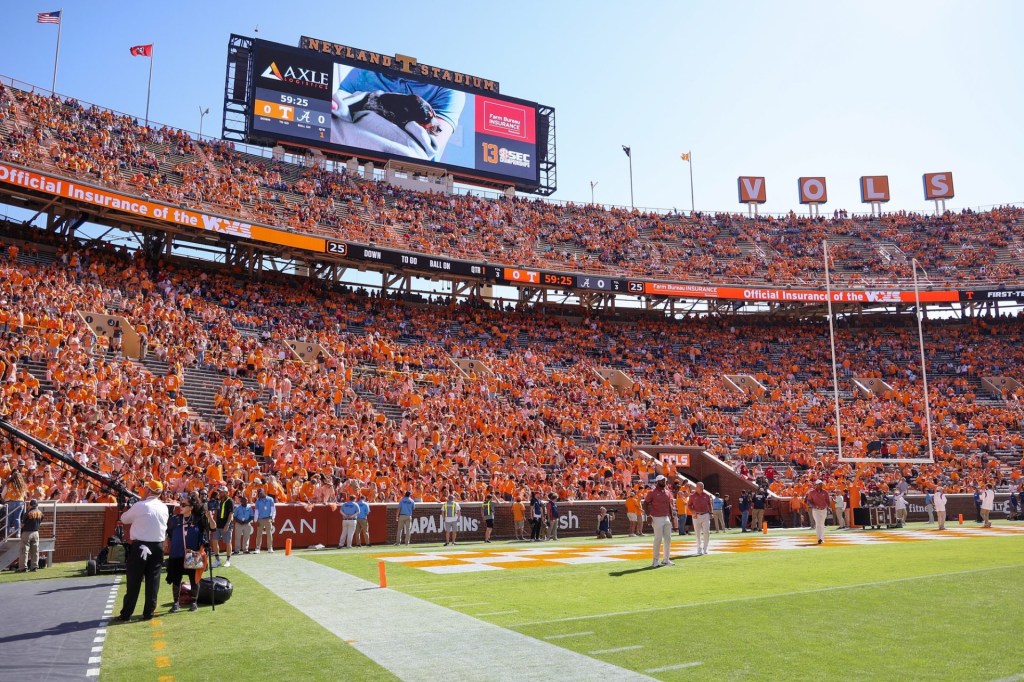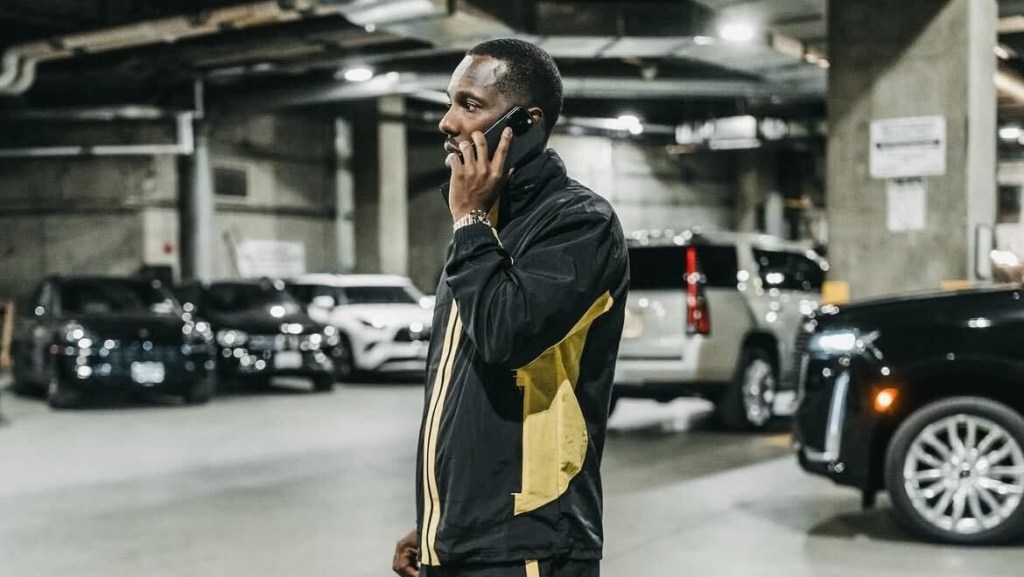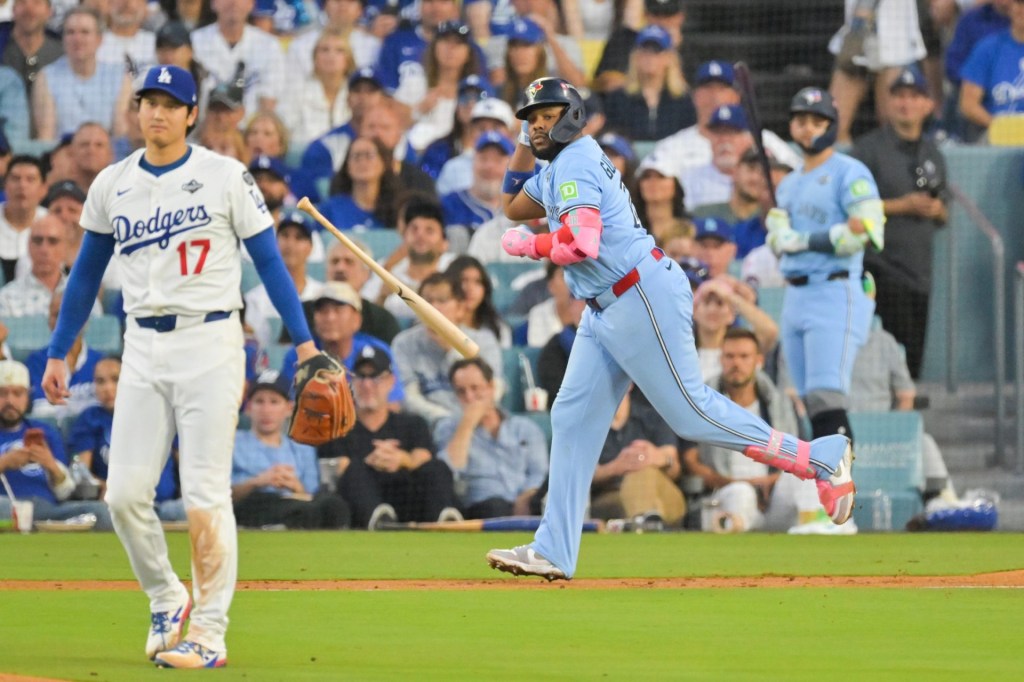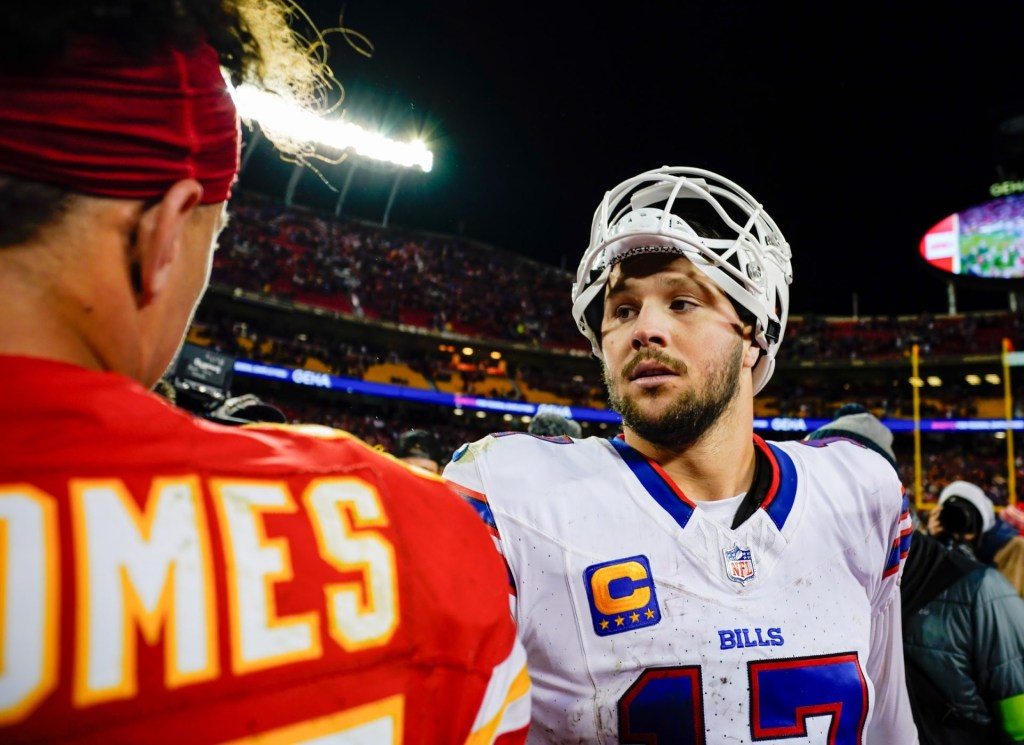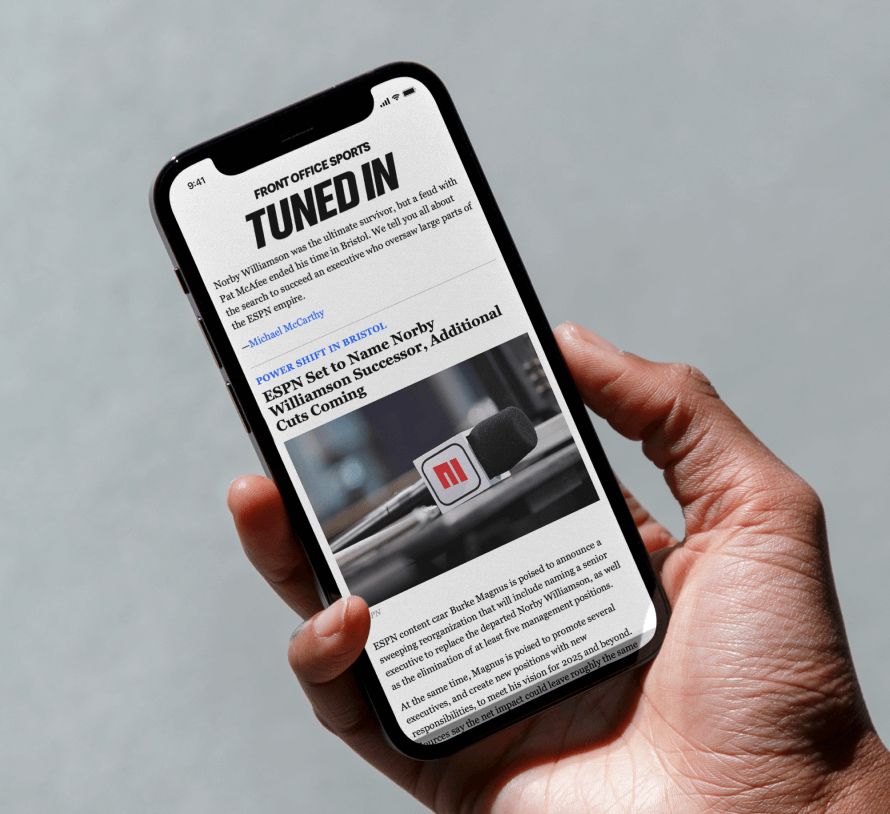The Walt Disney Co. could pocket a $4 billion-plus windfall by selling ABC. But the loss of the broadcast network poses troubling implications for ESPN, as the sister networks have become increasingly intertwined regarding televising sports.
To combat the actors/writers strike, ESPN just announced ABC would simulcast 15 “Monday Night Football” games compared to five last season.
Disney also uses ABC to broadcast the NBA Finals and NHL Stanley Cup Finals.
The Mouse House has managed to box Fox Sports out of NFL Draft coverage by offering a college-centric version of the Draft on ABC since 2019.
Lest we forget, ESPN will use ABC to televise its first two Super Bowls after the 2026 and 2030 seasons. That’s been the corporate dream of ESPN since its founding in 1979.
A decade or so ago, the divestiture of ABC would not have impacted ESPN as much. In 2011, the cable TV giant reached over 100 million U.S. TV homes, just slightly behind broadcast networks like ABC, NBC, CBS, and Fox.
George Bodenheimer and John Skipper, former leaders at Bristol, successfully managed ESPN with autonomy, overseeing it from the clutches of Disney’s corporate offices 3,000 miles away in Burbank, California.
A high point came when ESPN took over the iconic “Monday Night Football” package from ABC Sports in 2006.
For decades, executives from Roone Arledge’s legendary sports operation looked down their New York noses at ESPN as their bumpkin cousins in the farmlands of Connecticut.
ESPN had the last laugh when the iconic former home of “Monday Night Football” and ABC’s “Wide World of Sports” was integrated into its operation — and ABC Sports ceased to exist except in memory.
But times have changed.
As a former Disney executive, ESPN chairman Jimmy Pitaro has knitted the companies more closely together.
Due to cord-cutting, ESPN has dropped from a broadcast network-like footprint of 100 million in U.S. homes to around 73 million. Eventually, the pay cable ecosystem could bottom out at 50 million homes.
Disney could raise some needed cash by selling ABC and its local affiliates to a suitor such as Nextstar or billionaire Byron Allen.
But Iger is an old sports hand, cutting his teeth as a producer under Arledge at ABC Sports.
Does he want to hamstring Pitaro, his hand-picked ally and possible successor, as he enters billion-dollar negotiations with the NBA, not to mention expensive rights talks with the UFC and College Football Playoff?
Suppose Disney cannot leverage the extensive reach of its ABC broadcast network as the NBA Finals’ home. In that case, the league might consider alternative options, with NBC Sports eager to recapture the glory days of the “NBA on NBC” era from 1990 to 2002.
One prominent sports TV executive, who declined to be named, warned losing ABC would raise a host of strategic questions for ESPN.
“Would the NBA miss ABC? Will the NFL dislike not having the Draft on ABC? And what about the Stanley Cup Finals and new SEC deal?” he asked.
During a recent industry conference, Pitaro said he’s begun negotiations with the NBA. He said that all of the network’s league partners prioritized the reach delivered by ABC.
“The NBA Finals live exclusively on broadcast television. When we did our SEC deal, we took that A package, the first pick every week, that kicks in in the 2024 season; a big part of that was having that game live on broadcast on ABC,” said Pitaro during IMG Summit. “When we did the NHL deal, they wanted to know what the commitments would be on linear television. It’s a very good business for us, the linear business.”
Iger also told CNBC he’s open to selling an equity investment in ESPN.
Right now, ESPN is worth a lot more than ABC. ESPN is valued at about $30 billion compared to $4.5 billion for ABC.
Sometimes, the best trades are the ones you don’t make.
Selling ABC would be short-sighted. Disney would be better off finding and equity partner for ESPN and keeping the reach of ABC as ESPN enters expensive rights talks for the NBA, UFC, and College Football Playoff.
